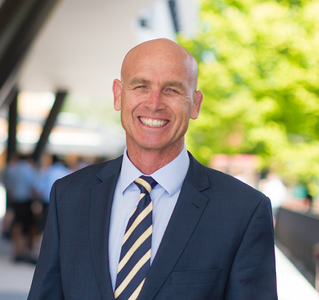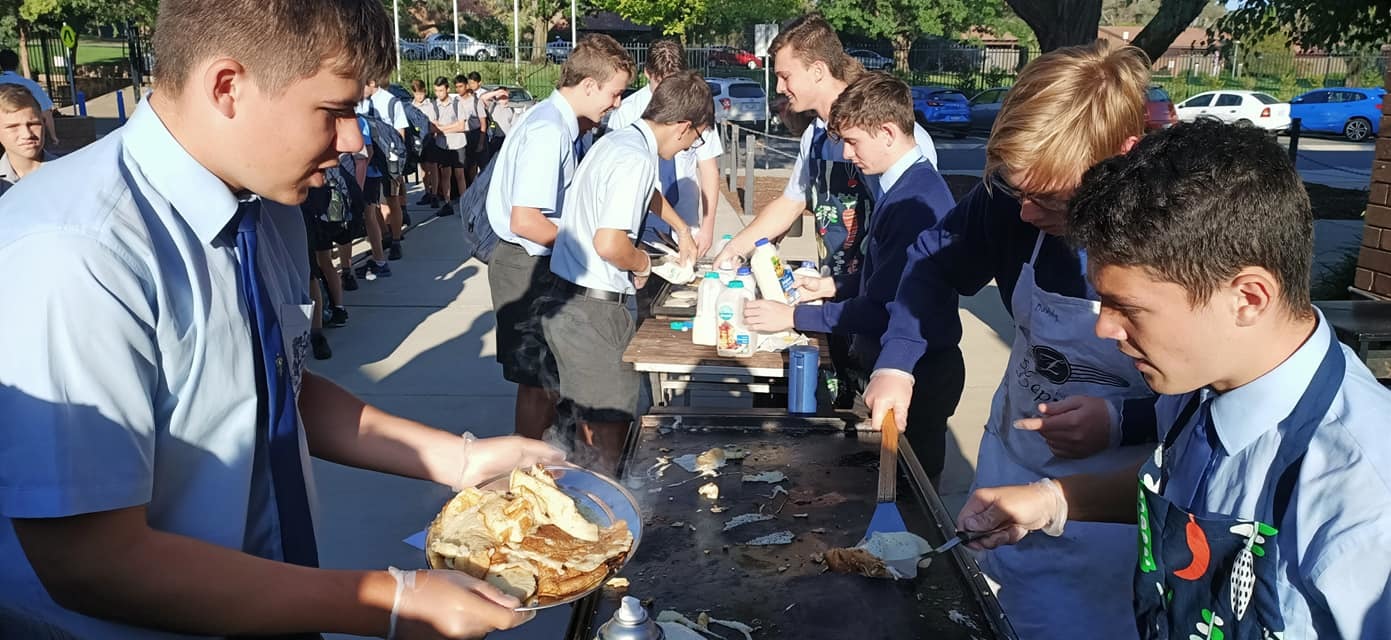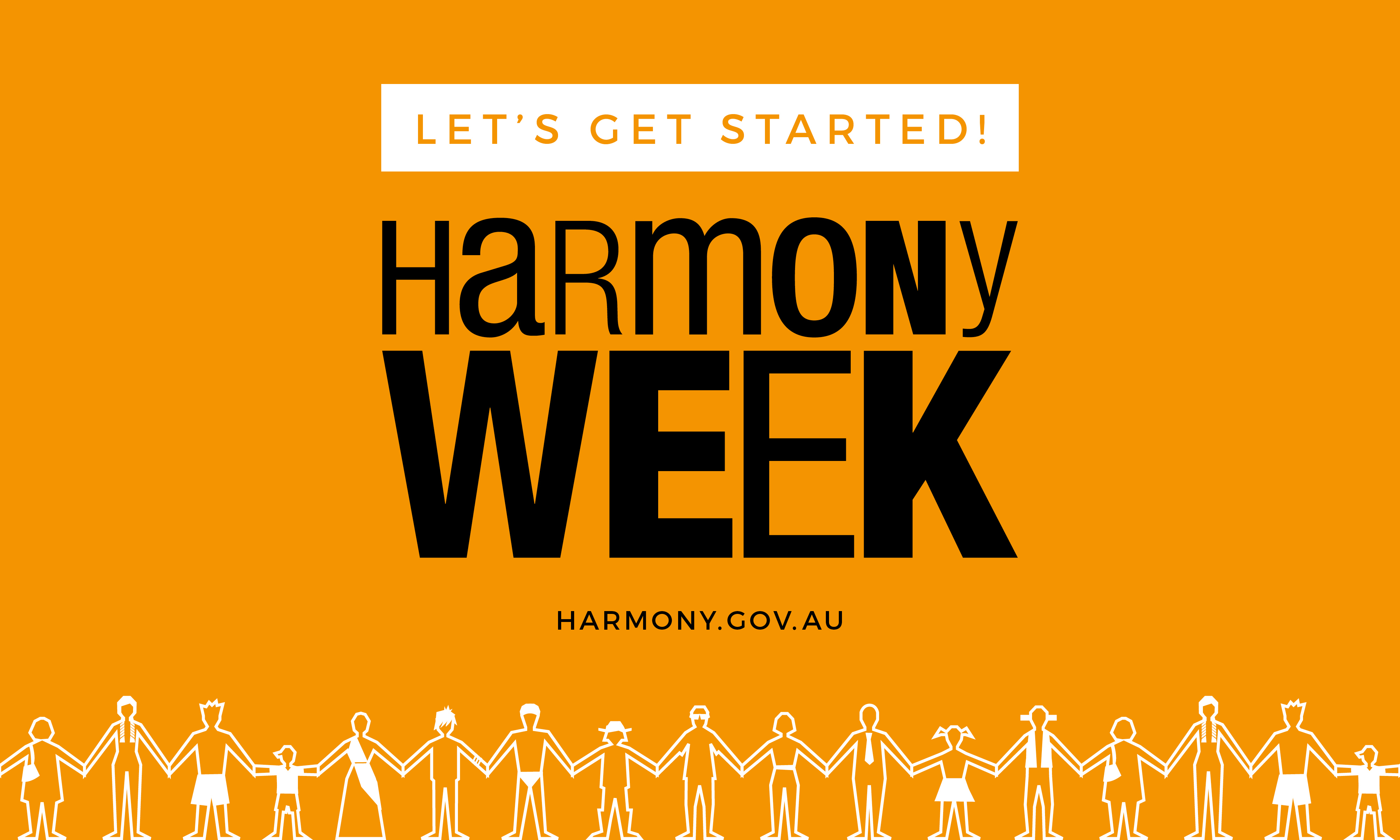Latest update from Matthew Hutchison
We are no strangers to ashes
The Easter season, in our Christian tradition, begins with the distribution of ashes. Certainly we are no strangers to ashes in this part of the world. The scorched landscapes are already beginning to see evidence of new life and renewal after the recent rains. There is much regrowth to go but renewal has commenced. The ashes we receive on our foreheads on Ash Wednesday remind us of what remains, when all our hopes and dreams, all our abilities and successes, all our wealth and possessions, have been burned away. Amongst the great sadness and loss of the ravaging fires has been stories of people counting their blessings and noting their frailties. There is a sense of hopefulness, generosity and new beginnings.
Ash Wednesday reminds us that we have some burning off to undertake. Just as fire burns out undergrowth, just as it burns away the collected rubbish, so in Lent do we take on some penance or discipline to burn back all that is getting in the way in our relationships, with others and with God. It is a time to seek the wisdom and the courage to change the things in our life that should be changed.

The boys' club
Much has been written of late about an all-boy school culture, and it is with great gentleness that I write about some of the challenges boys and young men encounter. I do so, without any sense of self-righteousness - there but the grace of God go us all – but to promote the conversation about the type of man our boys choose to be.
The St Kevin’s tram incident demonstrated how individuals can be swept up in the mob and become involved in behaviour that they, as individuals in the cold, hard light of day, would see as unacceptable. Such is the power of the need for acceptance by the group. Young people are very attuned to social dynamics and, from an early age, learn to be socially strategic. Sadly, along the way, they often learn to hide their voice, their emotions or only show them to certain people. Most of what we often ascribe as ‘boy’ behaviour is not natural or authentic to boys, but is something they learn to perform. ‘Boys’ are not stoic or aggressive or hierarchical; they are not poor at forming relationships or unable to express themselves. They learn these traits of ‘masculinity’, tragically, by adapting to a culture that expects and demands that they do so.
We only ever hear the excuse ‘boys will be boys’ when they are being rowdy or behaving poorly as a mob, but never hear this label when they are sensitive, smart or insightful. I am watchful for these kinds of stereotypes or gender roles, because, in the end, you find what you look for. One of the most important tasks we perform at Marist is to show our boys there are many pathways to be a good man. This is done in partnership with families.
Without doubt, there is a need for many, positive older male role models in the lives of our young men. This cannot be accidental. Remaining hopeful that just being present is enough and that positive messages of masculinity are absorbed by osmosis is clearly failing many. Role models must be proactive and not leave our young men to fend for themselves, allowing boys to put themselves together from spare parts. We men need to actively demonstrate the expression of our human qualities; love, compassion and vulnerability. These human qualities are our strength.
We do not have to adhere to a script that has been written from a bygone era.
I have had the privilege of working in boys’ schools for over 30 years and many boys are cheeky, restless, and adventurous. Many are also gentle, sensitive and thoughtful and none are exclusively one or the other. At the end of the day, the accepted qualities for masculinity have to fit comfortably with each young man’s own personal beliefs and values. As a community that values inclusiveness and a Catholic school that centres its Mission on the life of Jesus and chooses to follow in the footsteps of Marcellin, we will continue to work with our young men in developing a masculinity that celebrates the best in themselves.
2020 Student Residential Address Collection
The Australian Government Department of Education, Skills and Employment has asked all schools to provide a “statement of addresses” for all current students. Please click here to view the attached letter for more information.
A reminder to please review the information the College holds for your family. To assist with this process, the College offers you the ability to update information via the Parents section of the Mnet Portal, using your parent login.
Matthew Hutchison
Headmaster




















